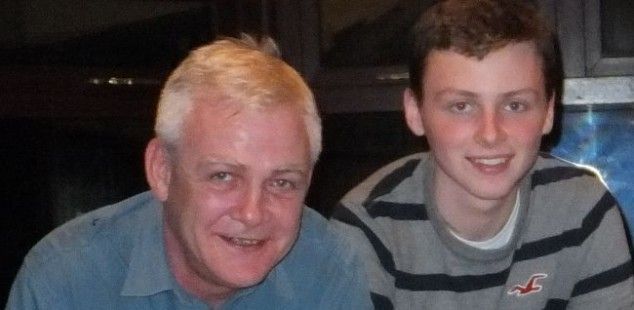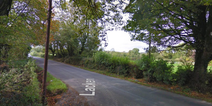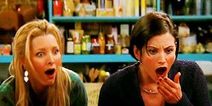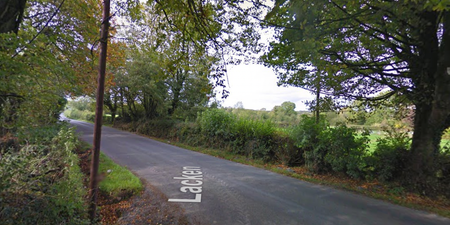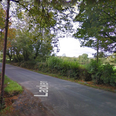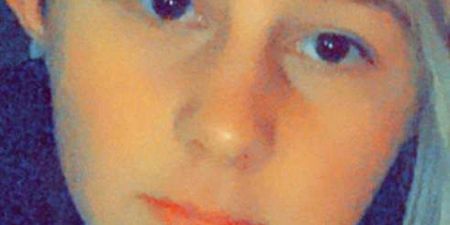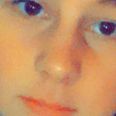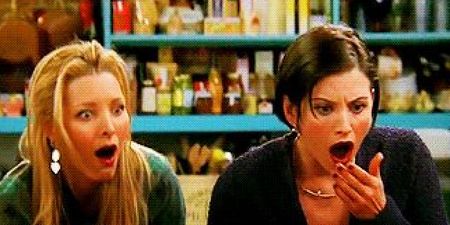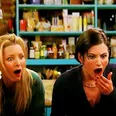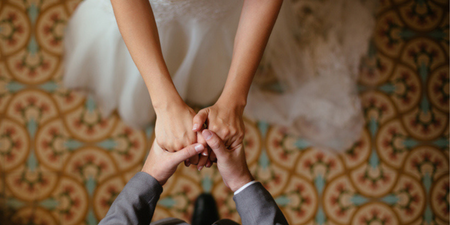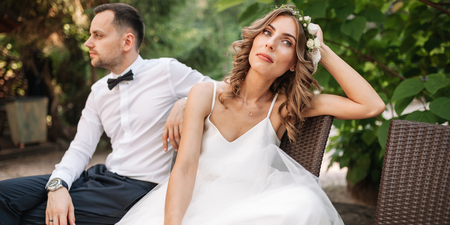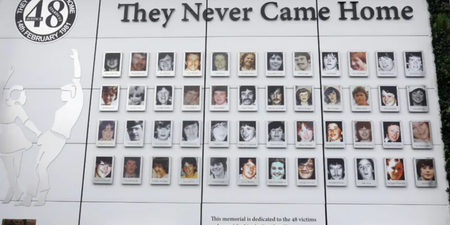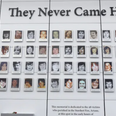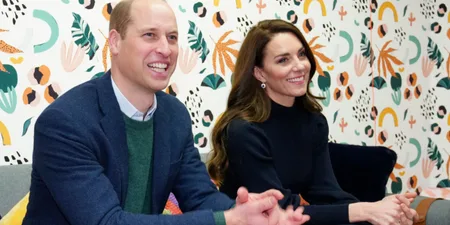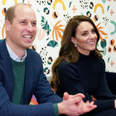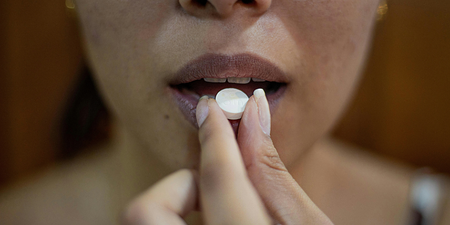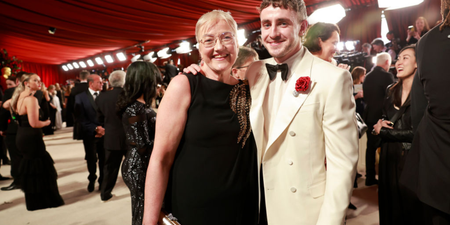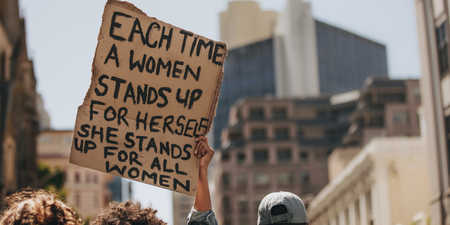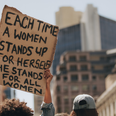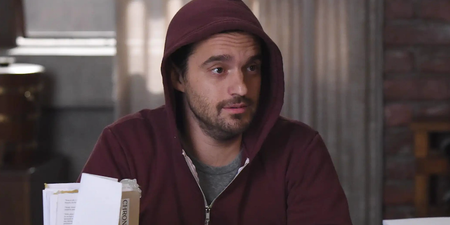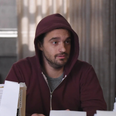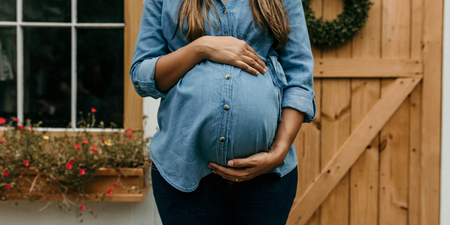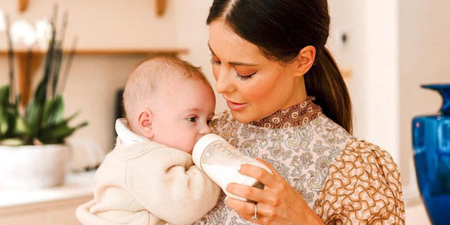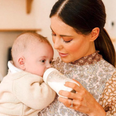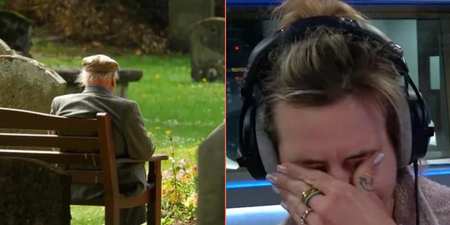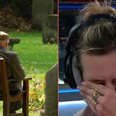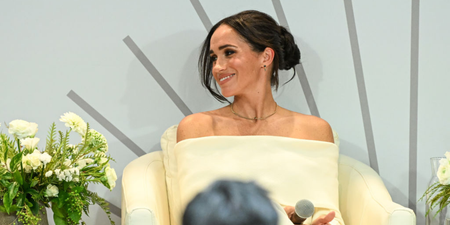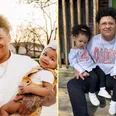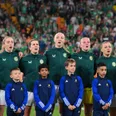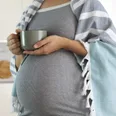Donal’s Mountain is a fitting name for a book that takes you on a journey.
Donal Walsh was diagnosed with osteosarcoma, a type of bone cancer, when he was twelve and fought it three times before it claimed his life.
As his father Fionnbar said, Donal’s Mountain should probably come with a Kleenex warning and he’s not wrong.
We caught up with Fionnbar for a chat as he was about to participate in a 100km cycle for Galway East Life, as part of the work he does with The Donal Walsh #LiveLife Foundation.
The following day, he was heading on to an Irish Cancer Society Relay for Life event, taking place in Kilkenny.
Donal has ensured his parents are kept very busy, and as Fionnbar so eloquently put it, they are “continuing the conversation Donal started”.
__________________________________________________________________
Donal’s Mountain
“With writing the book, you could get up and get away from it but I think the hardest part I found was proofreading it as we were on a timeline with getting it out for Donal’s anniversary. I only had three days to read it.
“It meant rehashing the whole story for myself in three days and that was incredibly emotional. All I could think of was ‘if this is what it’s doing to me, what it’s going to do to the poor reader?!’
“I had the first half, his first journey with cancer, written as sort of a diary form by July. Ciara Doorley from Hachette Ireland wrote a letter of condolence and asked if we would consider writing a book. So I sent that off to them and she said keep writing, because we have a story here.
“The second half was completed just before Christmas and then I brilliantly put the laptop on the roof of the car, got in and drove off. So, I lost the whole lot of the second half, it had to be rewritten again for the month of January and was completed for the beginning of February.
“Donal didn’t want the first draft anyway, he wasn’t happy with that and wanted a second one!
At the beginning of February, it was handed over to June Considine who was ghost writing with me. She pulled it apart and put it back together and pulled it apart and put it back together. It’s an incredible process, the whole thing”.
“Why not me?”
“When Donal was 16, his mother said ‘why you, why us?’ and he had an answer, ‘why not me?’, why should he escape, that was his reasoning behind it.
“He had no fear about where he was going, he had a great level of faith. It was a simple faith but he had no fear because of it.
“You put a 12-year-old into a cancer ward, they don’t not see, they end up seeing everything.
“Children in beds next to them that don’t make it and hearing the stories, when somebody didn’t make it, it really affected everybody not just the patients but the parents, the nurses, the doctors. Silence used to descend.
“Originally, the diary I had written was meant to go back to St. John’s (children’s cancer ward in Our Lady’s Hospital for Children, Crumlin). It’s an incredible journey when you go into the ward and you learn so much so fast.
“I had intended to give it back to them and say here’s what we went through and if somebody can gain benefit from this, no matter how our journey ends or their journey ends.
“We were lucky the first time, we got two years reprieve and then we weren’t so lucky the last time.
“There are different types of cancer, different types of results. Donal had osteosarcoma, he got it when he was 12 and if he had got it when he was 19 he probably would have survived it. Something to do with growth spurts. We know that now and it can come back when the growth spurts happen again”.

Donal and his father Fionnbar, mother Elma and sister Jema
The Donal Walsh #LiveLife Foundation
“The #LiveLife foundation was set up to continue the conversation that Donal started and to let people talk. That doesn’t take a huge amount of funding, all it takes is the petrol expenses for us to go up and down the country visiting schools and other venues.
“We have a huge amount of people fundraising for us and what we have decided to do is provide teenage appropriate facilities. Donal wanted a teen room built in Crumlin and up until the first interview, he had about €15,000 raised and by the time he died it was €55,000. That figure continued to grow to about €150,000 and the teen room is in Crumlin now.
“We’re working with Console, Pieta House and various hospices to provide teenage appropriate facilities. We’re not restricting ourselves to any county either, they’re coming from all over so we’re giving it back to all over and that’s important.
“Donal was a teenager, he had to go down to Marymount in Cork to be put onto methadone. He had to spend ten days down in Marymount. While he was there he was staying at the end of a corridor where there were ten other people reaching the end of their journey, naturally, but he wasn’t. He wasn’t thinking of death but his friends couldn’t come down to visit him as they couldn’t have craic inside a room at the end of a corridor where ten other families were grieving because their family member was dying.
“There’s a new hospice being built in Tralee and we’re put aside the bare funds to put a teenage facility there where there would be a sitting room with fold-out camp beds for friends to come and stay. So they can order pizza in, play video games and it would be a little separate to the other rooms so they’re not disturbing the other families but are still able to enjoy each other’s company.
“It’s eased off at the moment as the schools are closed but we’re already getting bookings for September. However we’re at various events, the Relay for Life with the Irish Cancer Society. He (Donal) has us going the whole time. When my brothers got older, they went for motorcycles or vintage cars. Donal landed me with a bike!”
Donal’s message
“It’s gone on a whole journey through mental health and mental awareness but Donal was actually very adamant that wasn’t what he was about. He was speaking about the knee jerk reaction that teenagers can have regarding suicide.
“They make a decision, go and do it and that’s it. Then you have the praising or glorification of it on Facebook and Twitter which really annoyed Donal. He had seen it with a friend of his in his own school, here was he trying to survive and exist as long as he possibly could and there’s three days of glory for somebody who dies by suicide.
“Then somebody copycats it. Why? Because they want the three days of glory, not realising that there isn’t a fourth and they won’t be around to get the three days of glory. That really angered him.
“There are statistics, I went and researched with Terence Casey in South Kerry. The year before Donal went on the original radio programme on Radio Kerry, there were 14 suicides in South Kerry. In the 15 months since Donal went on the programme, there were five deaths in South Kerry, that’s a 65% reduction.
“If it’s one life that’s saved, it’s worth it but if we’re talking 400 people dying from suicide per year reduced to 300 then that’s a hundred lives. We’re not claiming everything is Donal’s but he certainly did make a difference.
“There are people who say what was Donal talking about, what did he know about it as a 16-year-old. Hang on a second, he was a 16-year-old who started a conversation that nobody else was willing to and then after it, you had the likes of Conor Cusack coming out and talking about his problems and John Murray on radio.
“You had serious stars who were willing to join the conversation and a lot of them credited Donal with giving them the courage to do it. The conversation is still going on and that’s the great part about it. That’s what we’re trying to do, keep the conversation alive so that young people can turn to somebody and say ‘I’m in a place that I don’t want to be’ or ‘I’m lonely’.
“Teenagers are growing up with so much pressures, an iPhone is a television station in your pocket. You can make a film, edit it and put up on the web in a day. It’s crazy stuff, there’s reasons why schools have rules on using phones and the same goes for GAA clubs”.
Donal as a child
“He was a lovely kid, he was kind. He went to a rugby game when he was younger and it involved a bus journey down to Cork. Donal had his pocket money with him but there was one child who had forgotten his, Donal shared with him. That was the type of kid he was, he never wanted somebody to go without.
“The other thing was, he was very tall. He was a head over all his mates but he would always lean down to his friends so he could hear them at their speaking line as opposed to standing upright and them having to shout up at him.
“When he first had chemo, he put on a beanie when his friends were coming over as he knew they would be visibly upset if they saw he was bald. Once they got to know he was okay and still the same Donal, the beanie could come off but he was always thinking of others and their reactions before himself.
“He was very conscious of being the kid who was stared at in shopping centres etc, because he was bald or had tubes attached to him, he wanted to make sure he didn’t have that effect on his friends”.
“Donal was a great kid and very stoic towards the end. We have Sunday lunch every Sunday at home and family come over. Donal would sit back in a rocking chair in the dining room and just watch the banter going round the table. He was removed but yet still there”.

Donal
Continuing the conversation
“We’re regularly being asked to speak at schools up and down the country and are getting involved in various events. Elma’s next focus is climbing Mount Brandon, West Kerry. This will take place on the 28thSeptember.
“We’re assisting wherever we can and keeping the conversation alive”.
To learn more about the Donal Walsh #LiveLife Foundation, check out the dedicated website and Twitter account.
